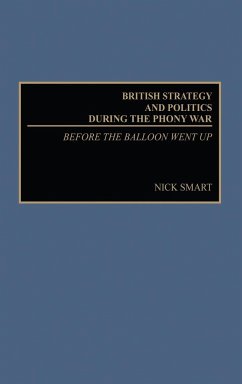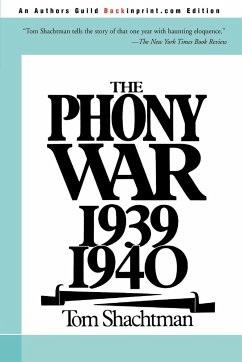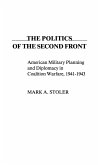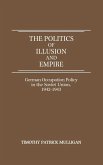The so-called Phony War from September 1939 to May 1940 occupies a peculiar yet distinct place in popular memory. All the sensations of war, except the fighting, were present; yet, instead of massed air attacks and great land battles, very little happened. The British government was said to be complacent, and the people downright bored. Then, France fell to German attack, and the small British army was evacuated (minus its equipment) from Dunkirk. Reaction to this major strategic catastrophe was naturally to blame the men deemed guilty for bringing the nation to the verge of humiliating defeat. In sharp contrast to previous studies, Smart argues that there was more to the phony war than governmental complacency, that the period was more than a foolish or frivolous ante-chamber to a later more heroic phase. The extent to which the guilty men verdict on the first nine months of Britain's Second World War has stuck remains surprising. The notion that the phony war was a necessary, indeed over-determined, prelude to catastrophe has become cemented over time. Examining the workings of the Anglo-French leadership during this period, Smart picks this thesis apart and argues that disaster was not necessarily, still less inevitably, just around the corner. He concludes that Anglo-French decision-making during this time was basically sound, that the soldiers were well equipped and in good-heart, and that there was no malaise eating away at the entente. This study offers a challenging reappraisal of the phony war from a British perspective.
Hinweis: Dieser Artikel kann nur an eine deutsche Lieferadresse ausgeliefert werden.
Hinweis: Dieser Artikel kann nur an eine deutsche Lieferadresse ausgeliefert werden.








